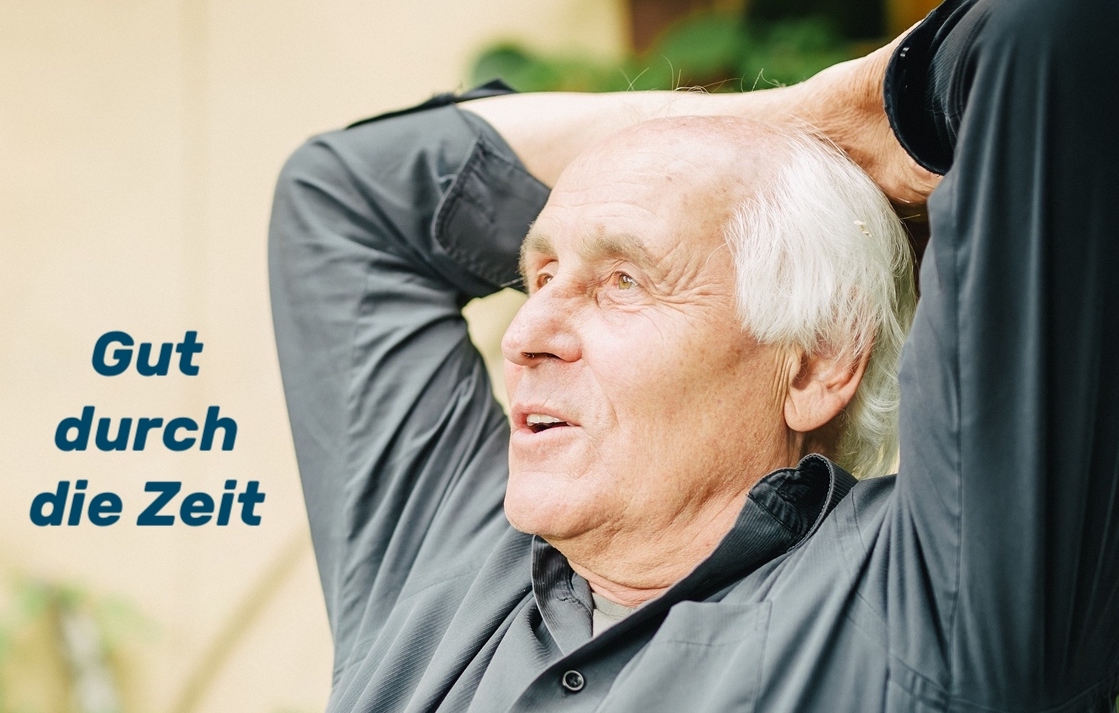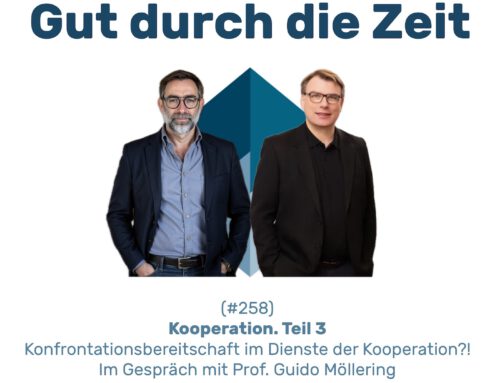INKOVEMA Podcast „Well through time“
#33 - Developmental lines of counselling or the empathetic Niklas Luhmann.
In conversation with Bernd Schmid
Well through time. The podcast about mediation, conflict coaching and organisational consulting.
Dr Bernd Schmid, founder of the Institute for Systemic Counselling in Wiesloch (isb), founding member of the German Federal Association of Coaching, the Society for Continuing Education Supervision and former official of the DGTA, as well as founder of the Schmid Foundation in 2012, which offers support to non-profit companies to enable professional counselling and further development. Multiple award winner, e.g. Eric Berne Memorial Award 2007, Life Achievement Award of the further education industry 2014, Life Achievement Award winner of the DGTA 2017.
Contents:
-
Bernd Schmid's path to counselling
-
Humanistic psychology
-
Group therapy
-
Stepping out of therapy
-
Counselling without patients
-
Exemption of the counsellor and the person being counselled
-
Psychological concepts and explanatory patterns for non-patients
-
-
Social upheavals
-
Education explosion in society
-
Further education industry emerges
-
Wave of academisation in the workforce
-
"De-industrialisation" of the economy
-
Humanisation of work
-
-
Systemic change in the 1980s
-
Milan School around M. Palazzoli in family therapy: Paradoxical interventions, Circular questions
-
Horst-Eberhard Richter "Patient Family"
-
Systems thinking and cybernetics from a wide range of scientific disciplines
-
Sociological systems theory and Luhmann
-
-
Thinking together and advising together: People and organisation.
-
Define interaction and communication as the starting point for counselling work.
-
Intersection of humanistic thinking and systems or organisational thinking
-
Recognising patterns by observing differences
-
Emergence of cultural thinking since the 2000s
-
Has it differentiated itself…in theory?
-
Cultural shift since the 2000s?
-
Culture as a way out of the impasse that social developments cannot be described with a function-orientated theory of difference alone.
-
A praxeological approach in cultural studies
-
Left:
- isb website: https://www.isb-w.eu/de/
- Schmid Foundation: https://www.schmid-stiftung.org/de/
- isb-campus page: https://www.isb-w.eu/campus/de/





Leave A Comment